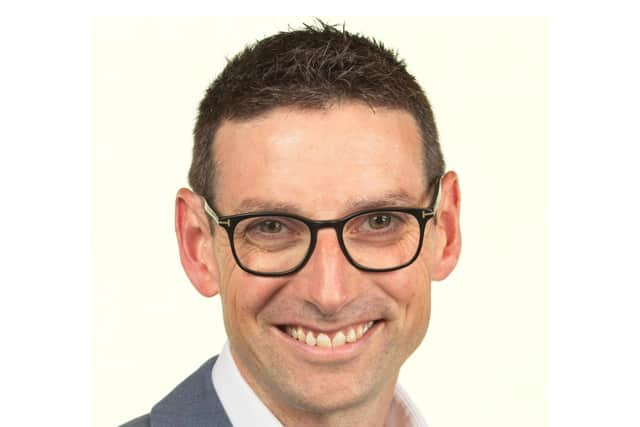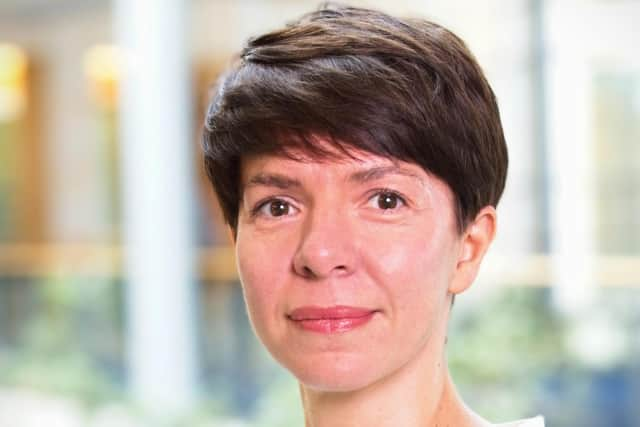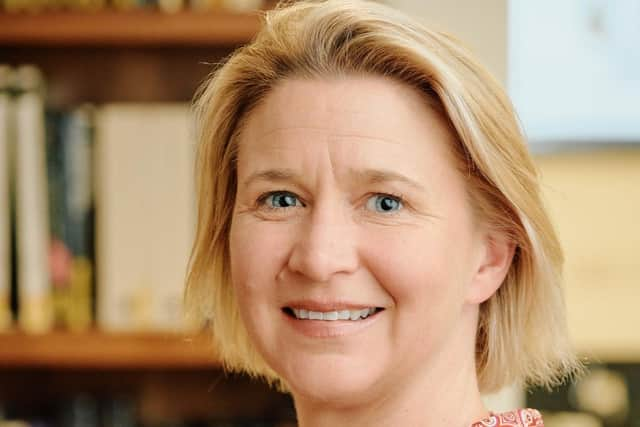Podcast: Climate change and the economy
The podcast also examines the support available to businesses, especially small and medium sized enterprises (SMEs), to help them play their part in fighting climate change and adapting during this period of transition.
Sebastian Burnside, chief economist at Royal Bank of Scotland, Dr Katerina Lisenkova, also from Royal Bank of Scotland’s economics team, and Dr Sarah Ivory, associate professor at University of Edinburgh, took part in the Sustainable Scotland ‘Climate Change and the Economy’ podcast.
Burnside explained that, working with his team, an aim is to help Royal Bank understand how the economy and changing society are affecting its customers.


Dr Lisenkova said: “We're trying to assess how climate is influencing both the economy and the bank so that we are prepared for the risks that this change is going to present, as well as any opportunities.”
Dr Ivory said she focuses on teaching businesses about climate change and sustainability and works with Royal Bank on its climate change education programme.
In the podcast, Burnside set the scene by putting the spotlight on the most significant factors for businesses when it comes to the climate. He said: “It is having a major impact on our lives and is impacting how the economy is evolving.”
And he raised the question of what are the most significant factors when looking at the effects of climate change.


According to Dr Lisenkova, there are different ‘buckets’ to consider when classifying what is happening. One bucket contains the likes of increasing temperatures - with last year being the warmest on record - and altered weather patterns which impact the economy and all sectors, from agriculture to construction and tourism.
“The second big component concerns our response to climate change, how it impacts our customers’ behaviour and the policies that are going to be introduced,” she added.
Burnside said: “We have lots of changes in technology, policy and consumer attitudes. From a Scotland perspective you need to care about UK policy, Scottish Government policy and the regulators that are relevant for your own business areas, as well as your most important constituent, your customers.”
According to Dr Ivory there has been a wide range of responses from businesses to climate. “You have businesses who have done nothing, all the way through the businesses who are trying to take lead,” she explained. “Most people are in the middle, and trying to do what they can.”


She added: “What is more difficult for businesses is trying to understand their place in a future economy. Sometimes I liken it to having a child. Mostly I'm thinking about whether my children are fed and watered today and tomorrow, and sheltered. I'm also thinking a little bit about what their lives are going to be like in five years. But my daily life isn't thinking about them in 20 years. But their lives in 20 years are influenced by what I do today and tomorrow as a parent. So, it can be a really tricky situation to juggle for many businesses.”
Turning to the support available, Burnside said: “There is a wealth of material available to businesses who want to try to improve their understanding of what climate change means for them.”
He referred to the Climate Springboard programme Royal Bank runs in partnership with the Edinburgh Climate Change Institute (ECCI). It helps SMEs that are customers of the bank develop their understanding of climate change and the facts and frameworks that will assist their decision making.
For both customers and other businesses, Burnside said the Royal Bank Carbon Planner is a tool where organisations can register and provide basic information. The Carbon Planner will crunch the numbers to provide actions for businesses to consider.
Listen to The Scotsman Sustainable Scotland podcast on climate change and the economy in partnership with Royal Bank of Scotland to find out more about the challenges and opportunities for businesses.